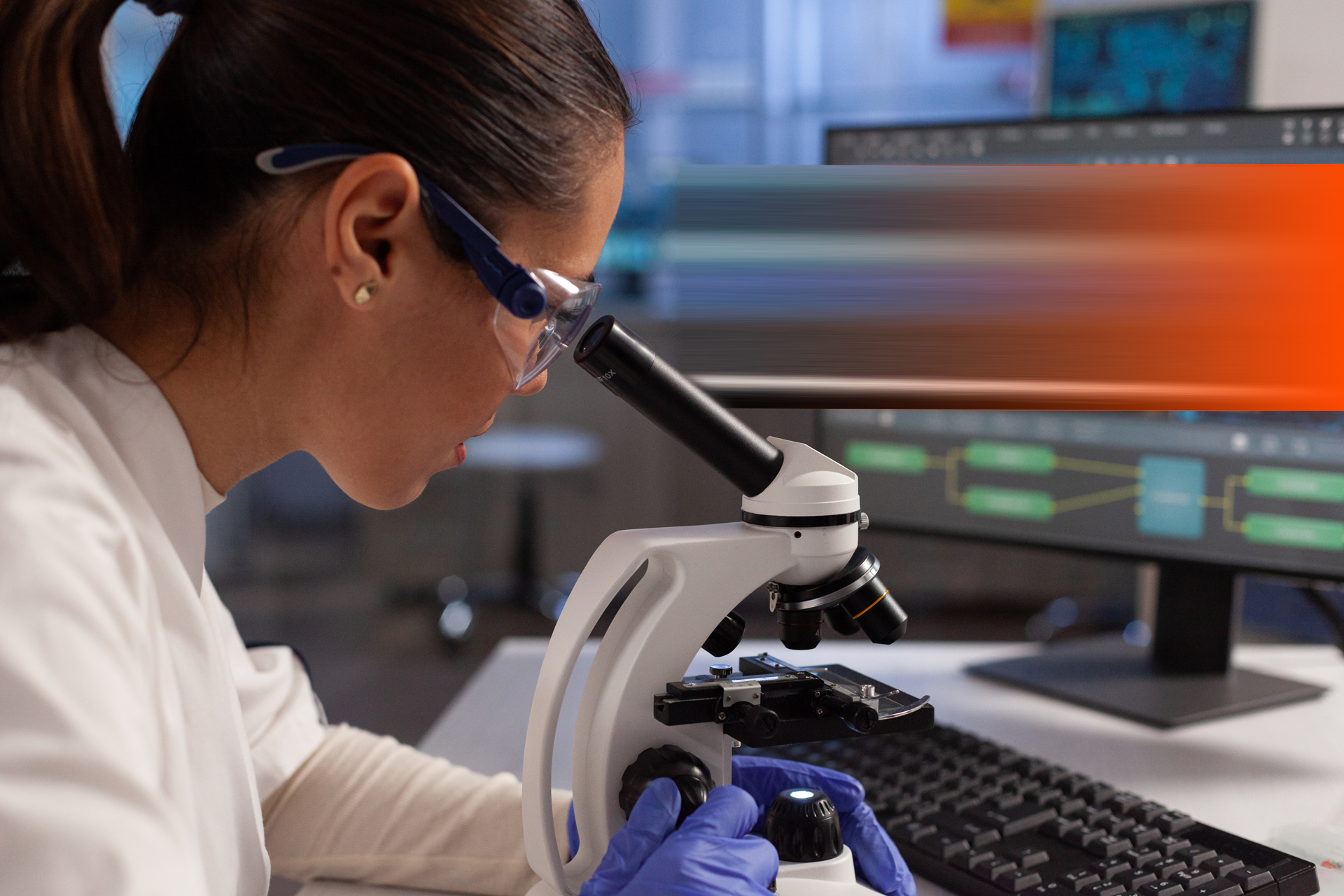An introduction to the the EU Data Governance Act (DGA)
As of 24 september 2023, the Data Governance Act (“the DGA”) became applicable. In short, the DGA aims to make more data available and to encourage the voluntary sharing of data. The legislation frames within the EU’s digital strategy to leverage the full potential of data.
The DGA is highly anticipated and encouraged at ML6 as we believe that better use of data will lead to improvements for the general interest, and that the availability of more (quality) data will be important for the rapid development of technologies, artificial intelligence (AI) in particular.
Three Governance models of the DGA
The DGA aims to achieve its objective through three governance models:
- Regulating the re-use of publicly held, protected data,
- By boosting data sharing through the regulation of novel data intermediaries
- By encouraging the sharing of data for altruistic purposes.
1. The re-use of publicly held, protected data
The DGA regulates the re-use of protected data held by public sector bodies (e.g. confidential information, information protected by intellectual property rights or personal data).
As you may know, the re-use of protected data held by public sector bodies is not a new concept. See for example the Finnish social and health data permit authority Findata who processes requests and grants access to data for re-use of certain protected data sources (the social insurance institution, the pensions register and the population register).
The DGA now sets out the rules on which the re-use of this protected data can take place.
For instance, the DGA requires that the public sector bodies are technically equipped to ensure that the privacy and confidentiality of data is fully respected in re-use situations. This can include a range of tools, from technical solutions, such as anonymisation or pseudonymisation.
ML6 has an off-the-shelf anonymisation or pseudonymisation solution, that can help your organisation obtain regulatory compliance and enable data sharing while protecting privacy-sensitive data. Feel free to visit our solution page if you want to know more about our approach.
2. Boosting data sharing through the regulation of novel data intermediaries
The DGA further contains rules for providers of data intermediation services to make sure that providers will function as trustworthy organisers of data sharing or pooling within the common European data spaces. The intermediation service is a service aimed at establishing relationships for the purpose of data sharing between data subjects and data holders on the one hand and data users on the other. Examples of data intermediation services are ‘data marketplaces’, where entities can make data available, or ‘data pools’ where parties can receive a reward for a contribution to the data pool.
A practical example of a data intermediation service is the data marketplace offered by Deutsche Telekom in which companies can securely manage, provide and monetize good quality information, for example production data to optimise processes or entire value chains. Telekom takes the role of a neutral trustee and guarantees data sovereignty through decentralised data management.
In order to enhance trust in data sharing, the DGA proposes a model based on the neutrality and transparency of data intermediaries while putting individuals and companies in control of their data.
3. Encouraging the sharing of data for altruistic purposes.
Thirdly, the DGA encourages and provides the framework for data altruism. Data altruism is the voluntary sharing of data based on the consent of the data subject or the permission of the data holder, without seeking any compensation, for the common good. The DGA will boost measures that make it easier for citizens and businesses to make their data available for the benefit of society.
An example of data altruism is the Smart Citizen platform. It allows citizens to share data on noise levels and pollution in their home, collected through sensors. This enables researchers and governments to develop targeted solutions to these issues.
Organisations that want to engage in data altruism can be recognized as a ‘data altruism organization’.They will be listed in public national and EU registers and will be able to use a specific EU logo. The DGA also introduces a common European data altruism consent form through which data subjects can give their consent of data sharing.
Finally, pursuant to the DGA, a European Data Innovation Board (EDIB) will be established to support the development of a European data economy.
Impact of the Data Governance Act
So what impact does the DGA have on me as an individual or on my organisation?
We believe the regulation will be a powerful engine for innovation as it facilitates the reuse of data that could advance research, provide more evidence-based policies and help find better solutions to societal challenges.
Businesses and organisations will benefit from cost reductions for the acquisition, integration and processing of data, which allows them to develop new data-driven products and services and reduce the time-to-market for novel ones.



